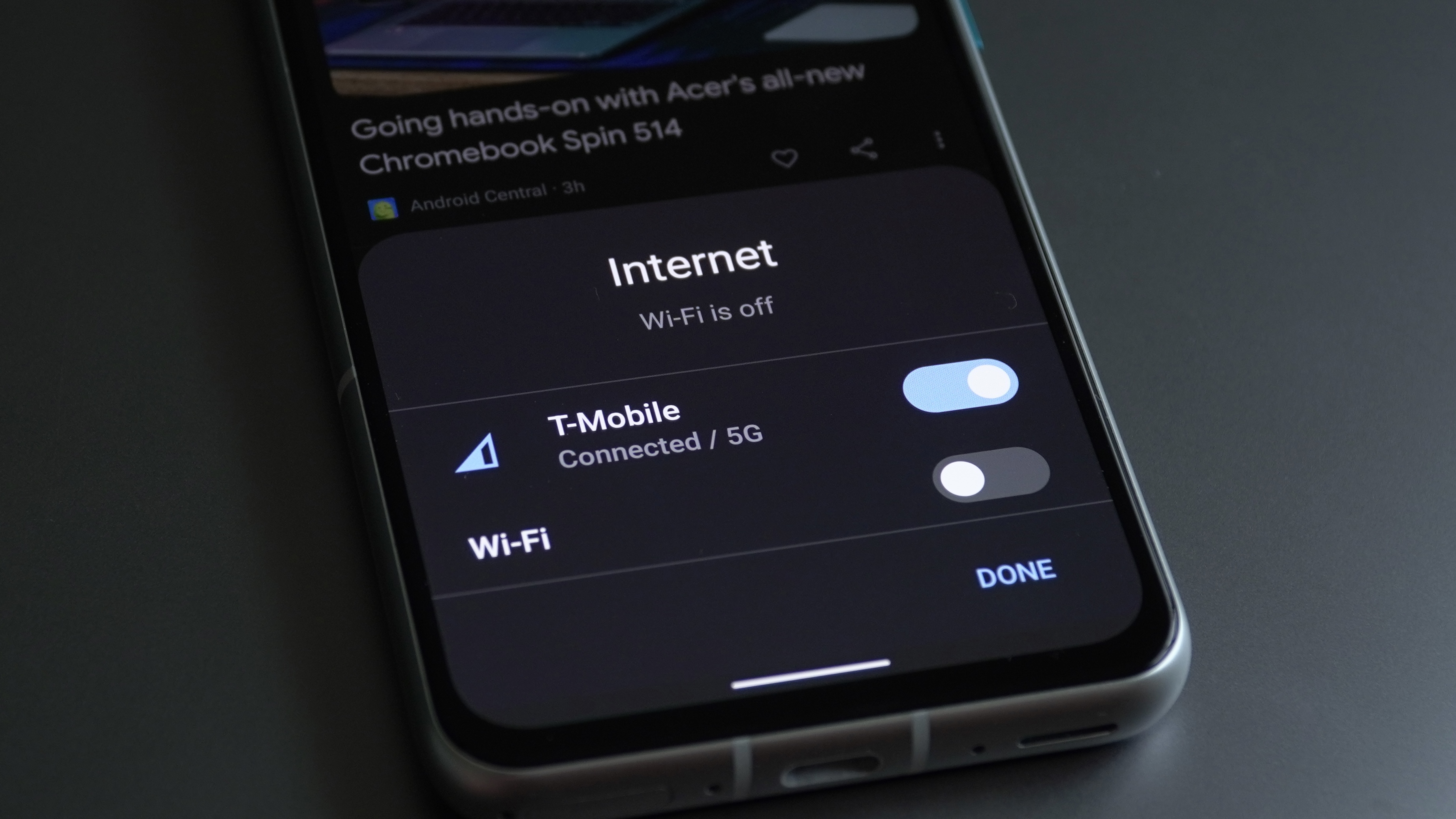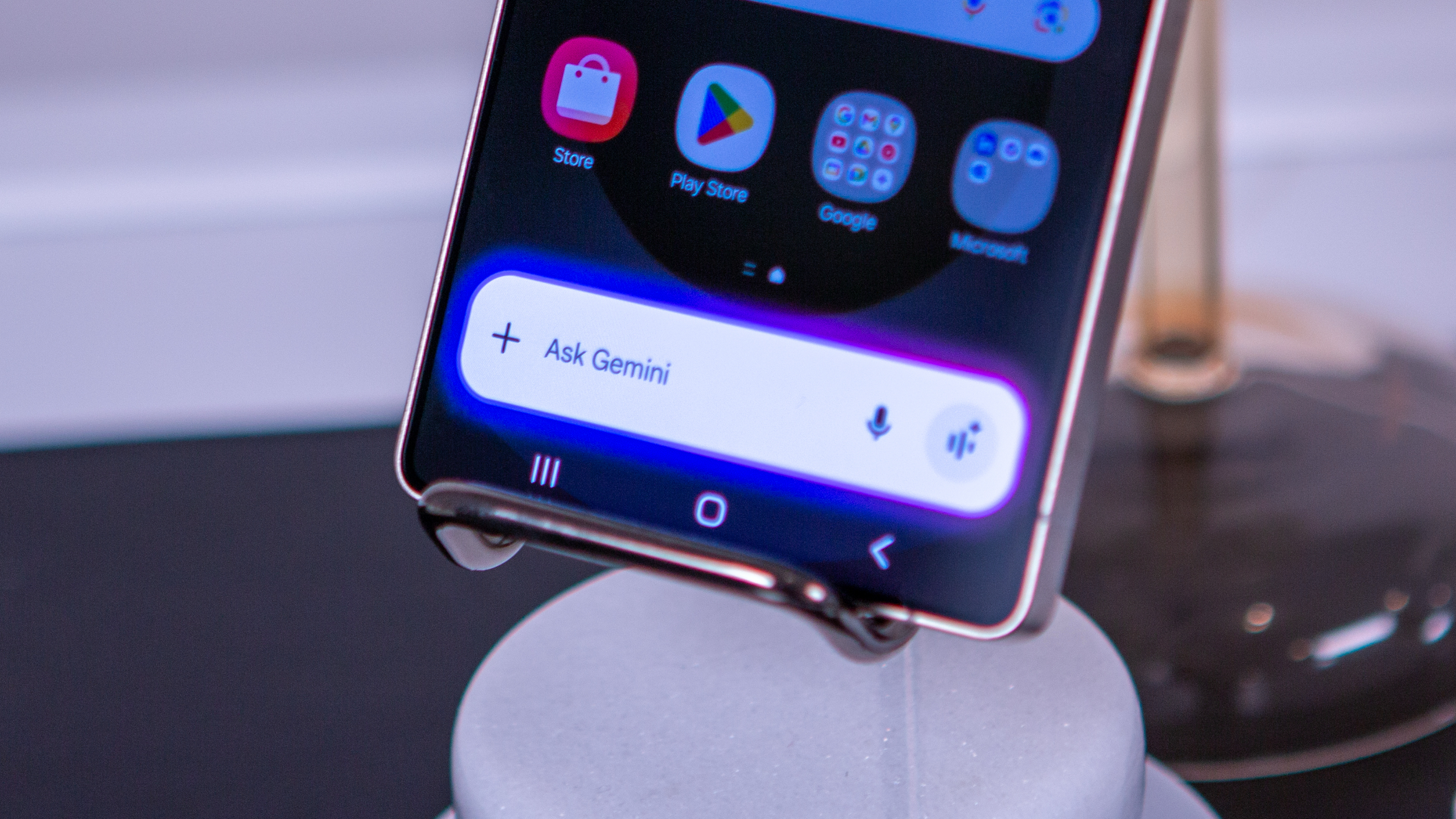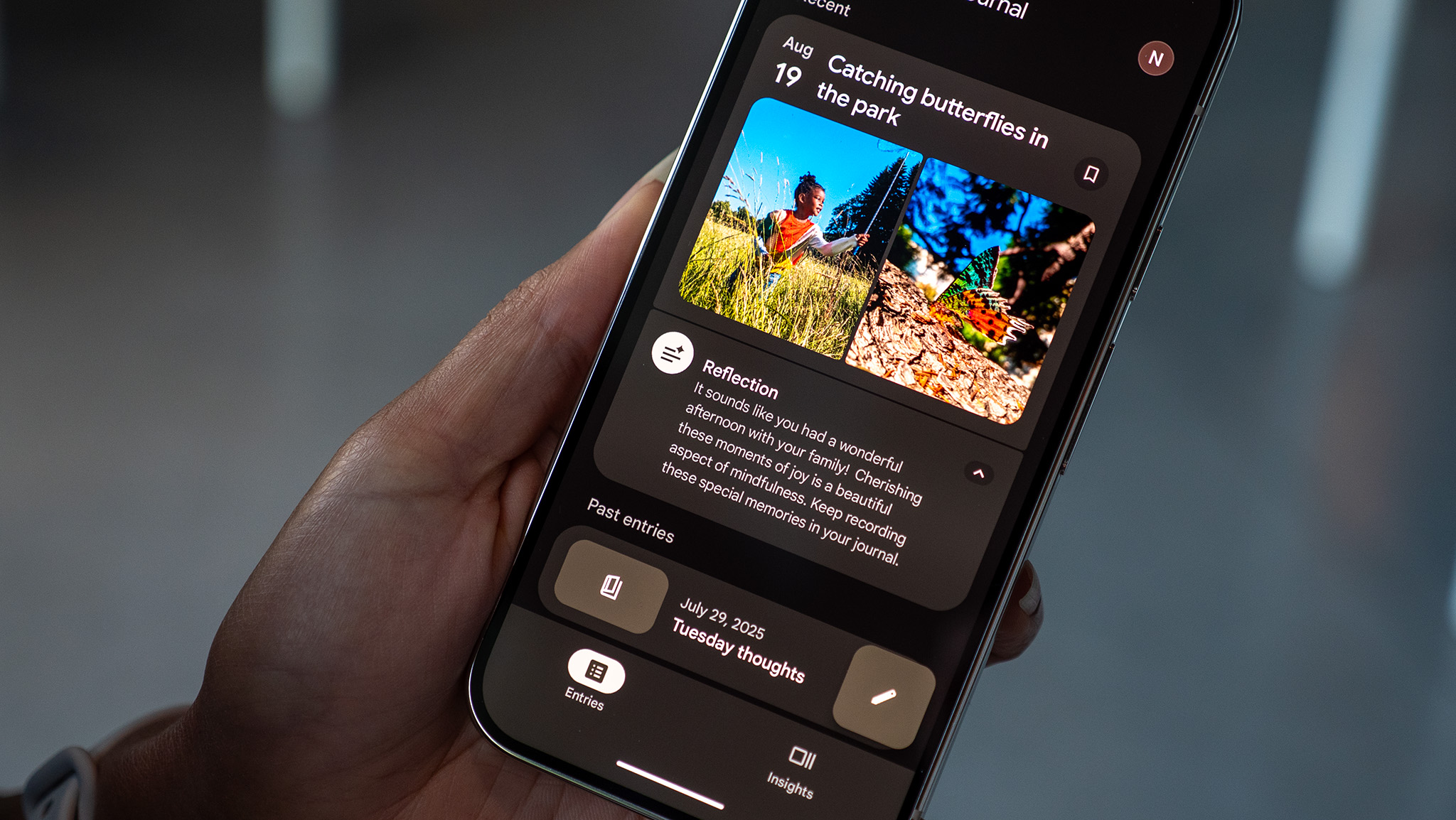It's time to check your T-Mobile privacy settings again
This is getting ridiculous.

T-Mobile recently issued an update to its privacy policy and settings that makes it so data can be collected to provide "fraud and identity theft protection," as well as sharing information with "financial companies for joint marketing" and "affiliates for marketing purposes."
To opt out of this (and you should), you can visit T-Mobile's Privacy Center for your account or use the T-Life app.
1. In the T-Life app, open the Manage tab and look for the gear icon at the top.
2. Once open, scroll down to Privacy and policies and tap Privacy dashboard.
3. Tap on Get started for whichever T-Mobile-owned brand you're a customer of and sign in.
4. Look through all of the toggles and set them the way you would like. The new settings are included here.

This article is likely to trigger a series of emails from well-meaning T-Mobile representatives, just as the last article I wrote about T-Mobile, the T-Life app, and privacy did. To be proactive, I've reached out to T-Mobile and will update this article when I hear back.
Get the latest news from Android Central, your trusted companion in the world of Android
Maybe they can explain to me why these settings are something you're automatically agreeing to and why the way to change them is so buried in a terrible settings menu.
Either way, I don't care. First, I'd like to know how collecting even more data from me will help protect my identity. Maybe it can, depending on what they are collecting.
Beyond that, there's no way that sharing my financial information with "strategic partners" any time I open a new line, apply for device financing, or even pay my bill will ever be OK. The fact that the company was even allowed to opt users into this is terrible; our government is supposed to regulate this sort of thing.

We all know that the companies we get our phone service from aren't our friends. Like the power company or your local sewage service, they are just another utility and only exist as a company because it's profitable.
We benefit because most of us aren't going to build a network of connected cell towers in our garages and need this service. So far, there's no problem — the company exists to provide a service we gladly pay for because we can't provide it ourselves. Again, just like the company that treats your sewage.
If it only stopped there. Another thing companies love to do is collect data about you so they can find a way to profit from it. You don't need a better example of this than the phone in your hand. Apple and Google have found very creative ways to harvest information and use it to their advantage, providing a "free" set of services in return. The phone and the data cost you, but most of us don't pay Google or Apple using real money.
We're still paying them, though. Your data, in aggregate with the same from millions of others, is priceless. Sometimes it can be sold outright, other times it's used as a lure to entice financial arrangements because company A holds so much valuable information that company B wants in on it. Your data is how Google became worth billions.

Only you can decide how much data you're willing to share for "free" services, but when it's a service you're already paying a premium for, it turns into something different. I dropped T-Mobile after 17 years, partly because of these sorts of decisions.
Unfortunately, you'll soon find that the other carriers are equally bad, and there isn't much you can do about it besides be informed and diligent.

Jerry is an amateur woodworker and struggling shade tree mechanic. There's nothing he can't take apart, but many things he can't reassemble. You'll find him writing and speaking his loud opinion on Android Central and occasionally on Threads.
You must confirm your public display name before commenting
Please logout and then login again, you will then be prompted to enter your display name.
